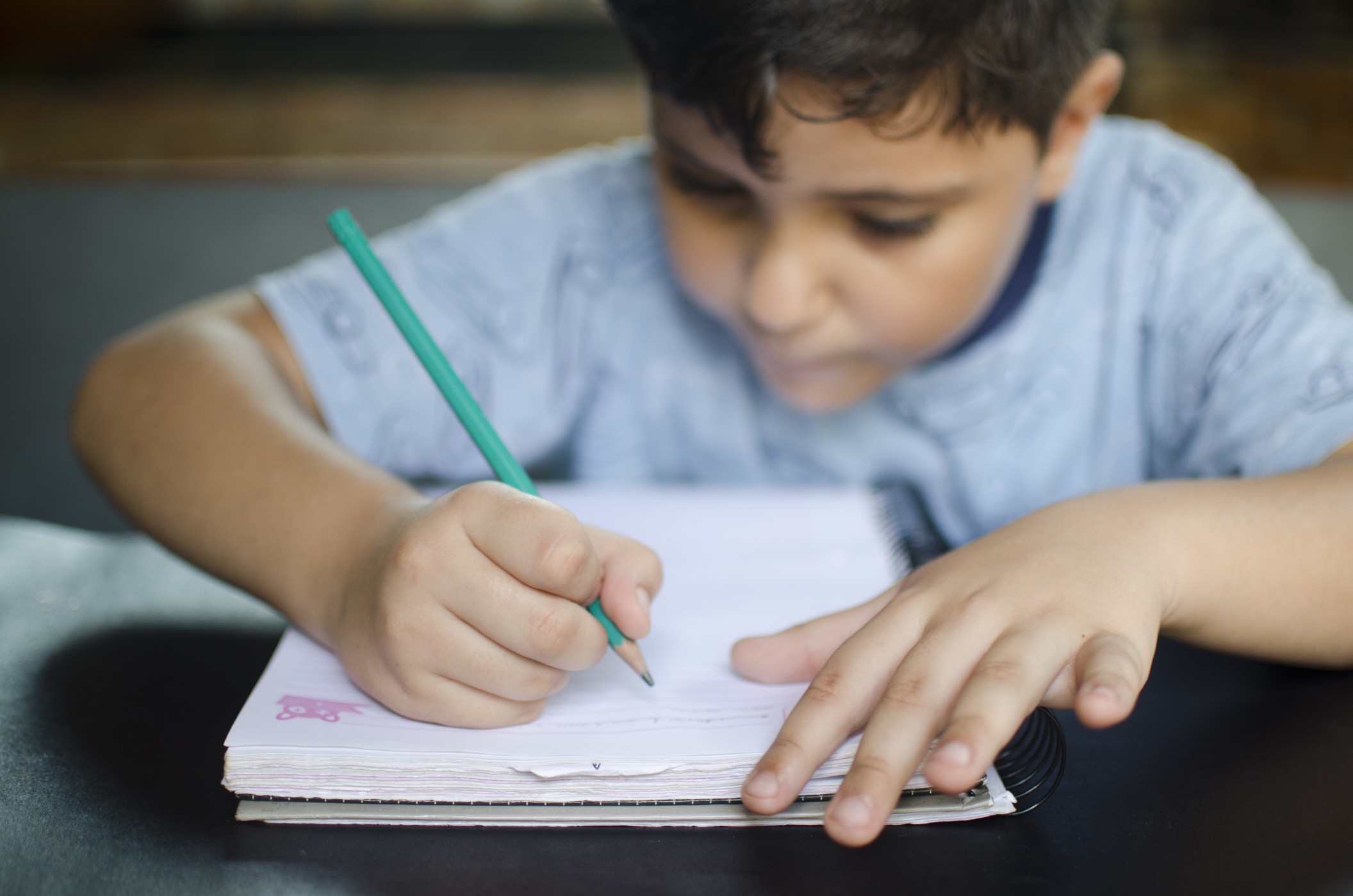I thought my math days ended in college. Yet, there I sat in the dining room, hunched over homework with my third grader, trying to make sense of a word problem. I didn’t get it, and neither did she. What we both got, though, was frustration. And, while I knew we weren’t upset with each other, we were about to start taking it out on each other.
So, I took a lesson from my teacher friends and told my daughter to put down the pencil because our brains needed a break. I don’t remember exactly what we did, but I do recall that when we went back to her homework later, we somehow figured out the answer without feeling frustrated with the process or with each other. If you’re looking for a teacher-approved process to ease homework frustration, try these 18 brain breaks for kids.
But first, what are brain breaks for kids?
Simply put, brain breaks are short mental breaks lasting 10 to 20 minutes. In the classroom setting, this might be when your child’s teacher pauses a math lesson to read another chapter from Charlotte’s Web. Or maybe she transitions from decoding prefixes and suffixes to a “Would You Rather” question game before moving on to the study of ecosystems.
Brain breaks for kids boost focus and creativity and reduce stress. On edutopia, neurologist Judy Willis explains, “Brain breaks should take place before fatigue, boredom, distraction, and inattention set in.” When used at home, they can help put the breaks on homework frustration, too.
Movement Breaks for Kids
(By the way, brain breaks incorporating physical activity can be especially helpful for kids with ADHD.)
- Turn It Up – Put on music and dance. Teach your kid the Electric Slide or the Macarena. Grab a microphone (or wooden spoon) and pick a song for karaoke.
- Patty Cake 2.0 – Learn a new hand-clapping game, like “Lemonade Crunchy Ice” or “Double Double This This.”
- Get the Ball Rolling – Toss a ball. See how many times you can pass a beach ball without it touching the ground. Play a round of HORSE.
- Plank Contest – No, this isn’t a brain break for pirates to see who walks the plank best. Instead, it’s for you and your kid to see who can hold a plank longer.
- Take It Outside – Go for a walk. Swing. Run around chasing the dog or butterflies.
- Act Out Your Day – Set a timer for two minutes. Ask your child to act out what he did that day. No sounds allowed.
Sensory Breaks for Kids
- Baking Cookies – Close your eyes. Take a deep breath. Can’t you just smell freshly baked cookies? This brain break for kids is the sweetest one yet!
- Knead More Breaks – Make homemade bread. Get out the Play-Doh or sandbox. The point is to give your child a tactile activity using his finger muscles.
- Dip Your Fingers (or Toes) In – Pull out the finger paints. Turn on some relaxing music and ask your child to paint what she feels.
- Erupting Behavior – Building a volcano doesn’t need to be limited to science fairs. You can enjoy the results of mixing baking soda and vinegar all year round. You might wanna set this up outside, though.
- Hit the Shower – This full-body sensory break can wash away homework frustration and all the grit and grime from the school day.
- Weighted Down – Give your child a 10 to 20 minute rest under a weighted blanket. Offer some headphones with soothing sounds and an eye mask, too. This can be especially helpful for children with ASD.
Quiet Breaks for Kids
- A Novel Idea – Read or listen to a chapter together. Or invite your child to read on his own.
- Let Go of My LEGOs – Pull out the containers of LEGOs and let your child create something new. Or give her an idea, like “make your dream car” or “build a house on Saturn.”
- The Missing Piece – Work on a puzzle. (With two teenagers, I put one out around midterms and finals. They can’t help
but stop by the table and snap a few pieces in place.)
- Get Squiggy with It – Draw part of a squiggly line on paper or a whiteboard. Let your child finish the drawing. For another brain break, invite her to record a story about what she drew.
- Write On – Give your child a new notebook and the first sentence from a random kid’s story. Ask her to write about what happens next. Here’s one to get you started from Unicorn Thinks He’s Pretty Great: “Things are a lot different around here since that Unicorn moved in.”
- Nature Scavenger Hunt – Give you and your child 20 minutes, and see how many items you can find.
How do you help ease your child’s homework frustration?












